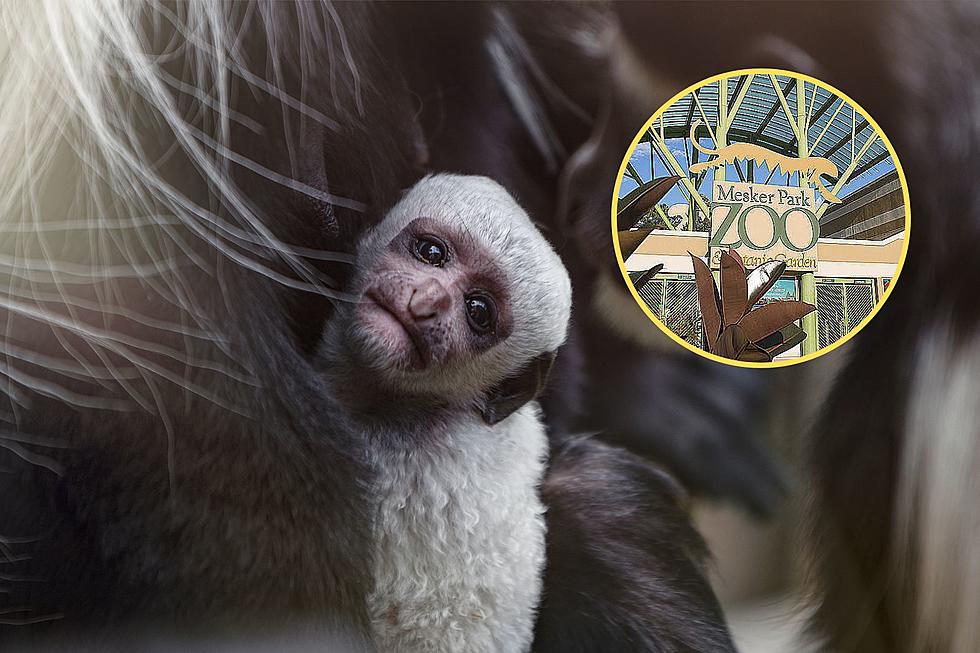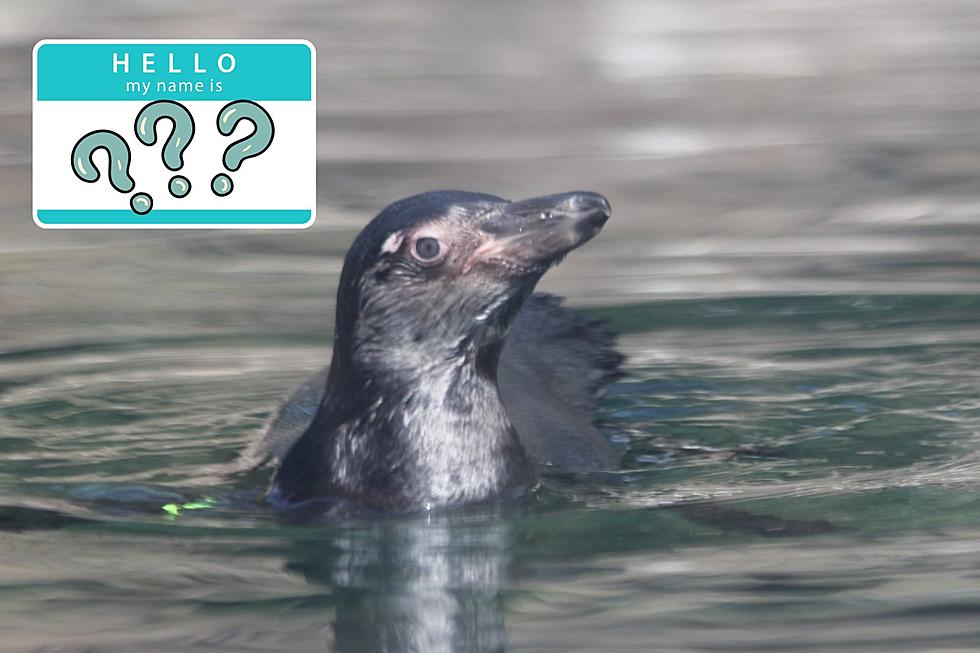
The Wait is Over! Evansville’s Mesker Park Zoo Announces Opening Date for Penguins of Patagonia Exhibit
More than two years after announcing they would be constructing a new exhibit, Mesker Park Zoo & Botanic Gardens announced the official opening date for the Penguins of Patagonia exhibit on Friday.
Announced in the summer of 2019, the $6.8 million exhibit will give visitors an up-close look at a colony of Humboldt penguins living in a replica of their natural habitat. This breed of penguin is native to the coastal region of Chile and Peru along the Pacific Ocean; a mountainous area where the average summer temperature is in the low 80s and the average winter temp hangs around the mid-to-upper 40s.
According to the Center for Biological Diversity, the Humboldt nests "on islands and rocky coasts," and build nests in caves out of guano (a.k.a. bat poop). While their home at Mesker Park Zoo likely won't have guano for them to lay eggs in, it will mimic the rocky terrain of Chile and will feature "multiple nest boxes," according to CLR Designs, the architecture firm who designed it.

The exhibit will also feature a 35,000-gallon pool system along the front with clear walls allowing you and your family to get an up-close view of the Zoo's new residents as they swim.
The Zoo released the video below to announce the exhibit will make its public debut on Wednesday, October 27th.
Admission to the Zoo will increase by $1.50 per ticket on the same day the exhibit opens which Zoo officials announced would happen earlier this year. The new prices will be $11 for adults (previously $9.50) and $10 for children between the ages of three and 12 (previously $8.50). Residents of Vanderburgh County will receive a $2 discount per ticket.
[Source: Mesker Park Zoo & Botanic Garden on YouTube]
LOOK: Stunning animal photos from around the world
THE MORE YOU KNOW: 30 fascinating facts about sleep in the animal kingdom
More From WKDQ-FM









